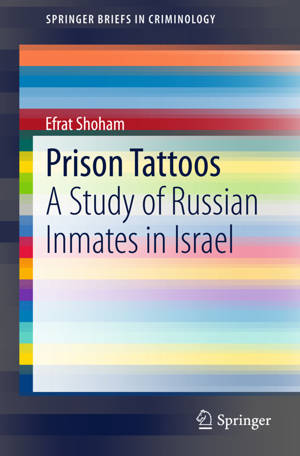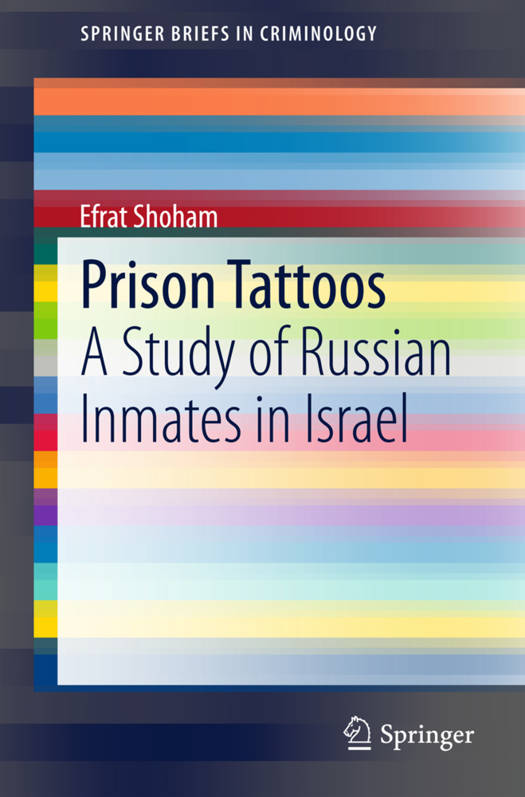
- Afhalen na 1 uur in een winkel met voorraad
- Gratis thuislevering in België vanaf € 30
- Ruim aanbod met 7 miljoen producten
- Afhalen na 1 uur in een winkel met voorraad
- Gratis thuislevering in België vanaf € 30
- Ruim aanbod met 7 miljoen producten
Zoeken
Omschrijving
This Brief studies the important role that tattoos play in prison culture, and examines its unique manifestation among minority inmates. This work aims to provide a better understanding of prison group culture, particularly among social marginal groups, through the lens of Russian immigrants in Israeli prisons. Russian immigrants currently represent approximately 25% of the total Israeli prison population, and this book examines how tattoos show an important form of rebellion amongst this group. As tattoos are forbidden in some forms of Islam and Judaism, and the Israeli prison service confiscates over 200 homemade tattoo devices per year, this is a significant phenomenon both before and during incarceration. This work examines how despite the transition to Israel, the main social codes of Russian prisoners are still dominant and help segregate this group from the larger prison population. It provides a lens to understand Russian criminal activity in Israel, and in a larger context, the modes of social cohesion and criminal activity of organized crime groups operating in prison systems. This work will be of interest to researchers studying the organized crime and the criminal justice system, Russian organized crime in particular, as well as related studies of immigration, demography, and social cohesion.
Specificaties
Betrokkenen
- Auteur(s):
- Uitgeverij:
Inhoud
- Aantal bladzijden:
- 110
- Taal:
- Engels
- Reeks:
Eigenschappen
- Productcode (EAN):
- 9783319158709
- Verschijningsdatum:
- 25/03/2015
- Uitvoering:
- Paperback
- Formaat:
- Trade paperback (VS)
- Afmetingen:
- 156 mm x 234 mm
- Gewicht:
- 181 g

Alleen bij Standaard Boekhandel
+ 105 punten op je klantenkaart van Standaard Boekhandel
Beoordelingen
We publiceren alleen reviews die voldoen aan de voorwaarden voor reviews. Bekijk onze voorwaarden voor reviews.











